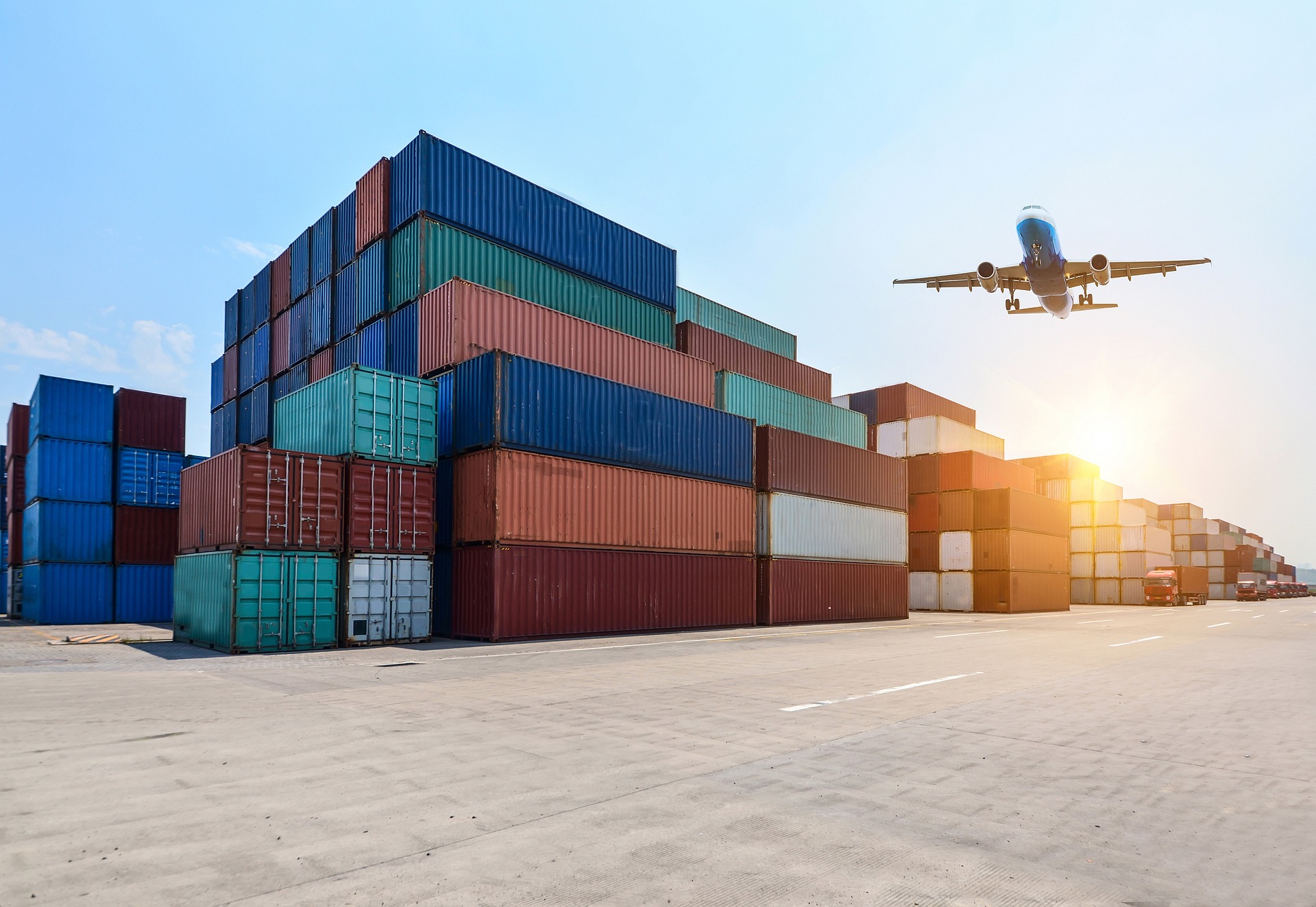In a marked escalation of ongoing trade tensions, China has announced countermeasures in response to President Trump’s tariffs on Chinese products, which are set to take effect this week. China plans to impose tariffs on key U.S. imports, including a 15% tariff on coal and liquefied natural gas (LNG) and a 10% levy on crude oil, agricultural machinery, and large-engine cars, all to begin next Monday.
The move is a direct response to U.S. tariffs, which Beijing has criticized as a violation of World Trade Organization (WTO) rules. In addition to the tariff measures, China revealed a new investigation into Google for potential antitrust violations, signaling further friction between the two economic giants. The investigation comes just after the U.S. tariffs on China were set to go into effect. While Google has a limited presence in China, this move adds to a broader set of export controls that China has placed on critical materials used in high-tech industries, such as tungsten, bismuth, and gallium.
China’s decision also included placing two U.S. companies, PVH Group (owner of Calvin Klein and Tommy Hilfiger) and Illumina, on a list of “unreliable entities.” This effectively bans them from conducting business in China, following allegations related to the use of Xinjiang cotton by PVH.
The trade dispute between China and the U.S. is far from new. In 2018, a full-blown trade war broke out after Trump’s administration imposed tariffs on Chinese goods, prompting similar retaliation from Beijing. However, experts believe that China is now better prepared to manage the economic fallout. With greater control over critical materials such as gallium and germanium, China holds leverage over U.S. industries that rely on these essential resources.
Analysts warn that this tit-for-tat trade war could slow global economic growth, increase inflation in the U.S., and put upward pressure on interest rates. Despite these risks, some believe that China is cautious not to escalate tensions further, especially in light of the U.S. decision to pause tariffs on Mexico and Canada.
In the coming days, President Trump plans to discuss these trade issues with Chinese President Xi Jinping, which could influence the direction of the escalating trade dispute.



